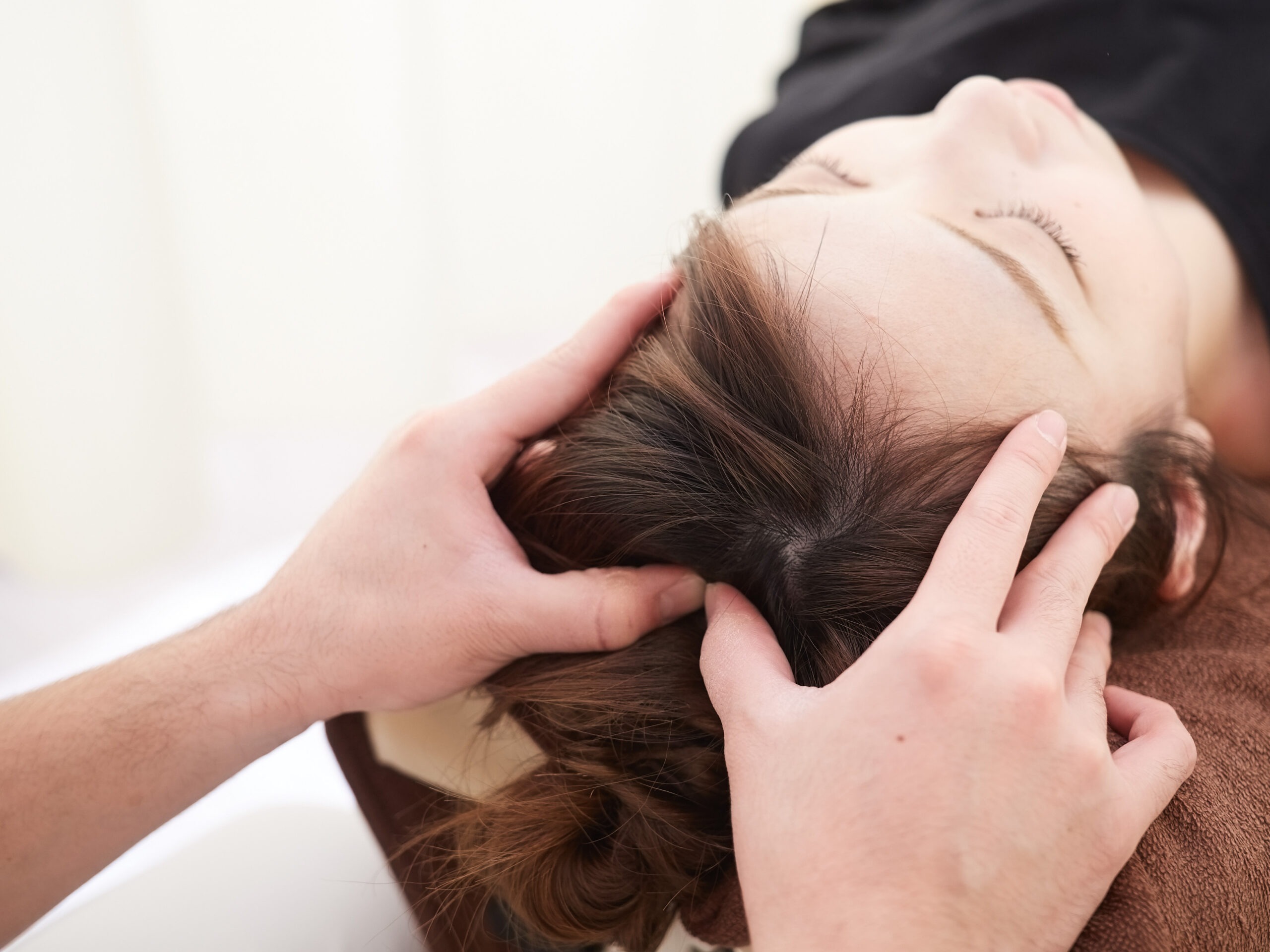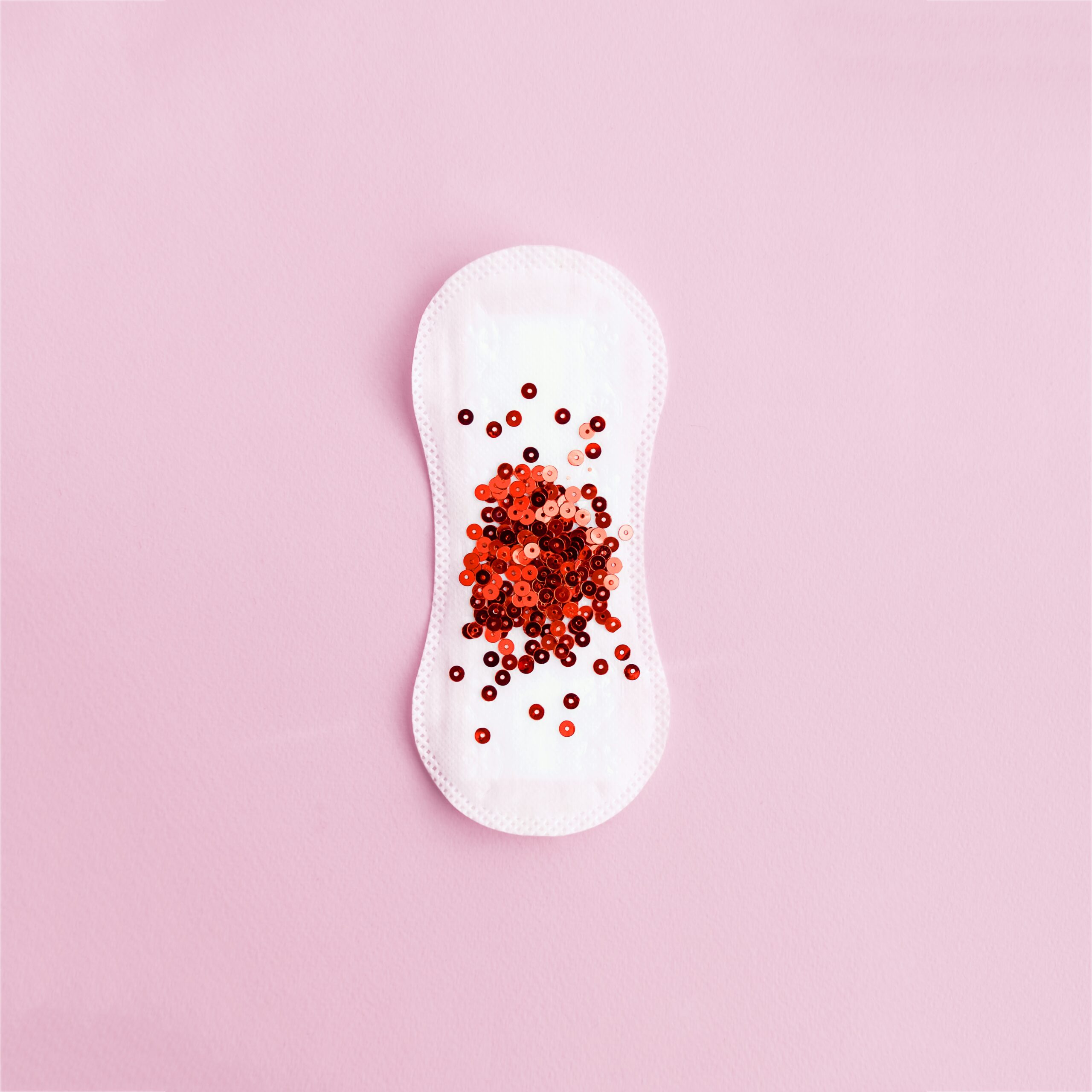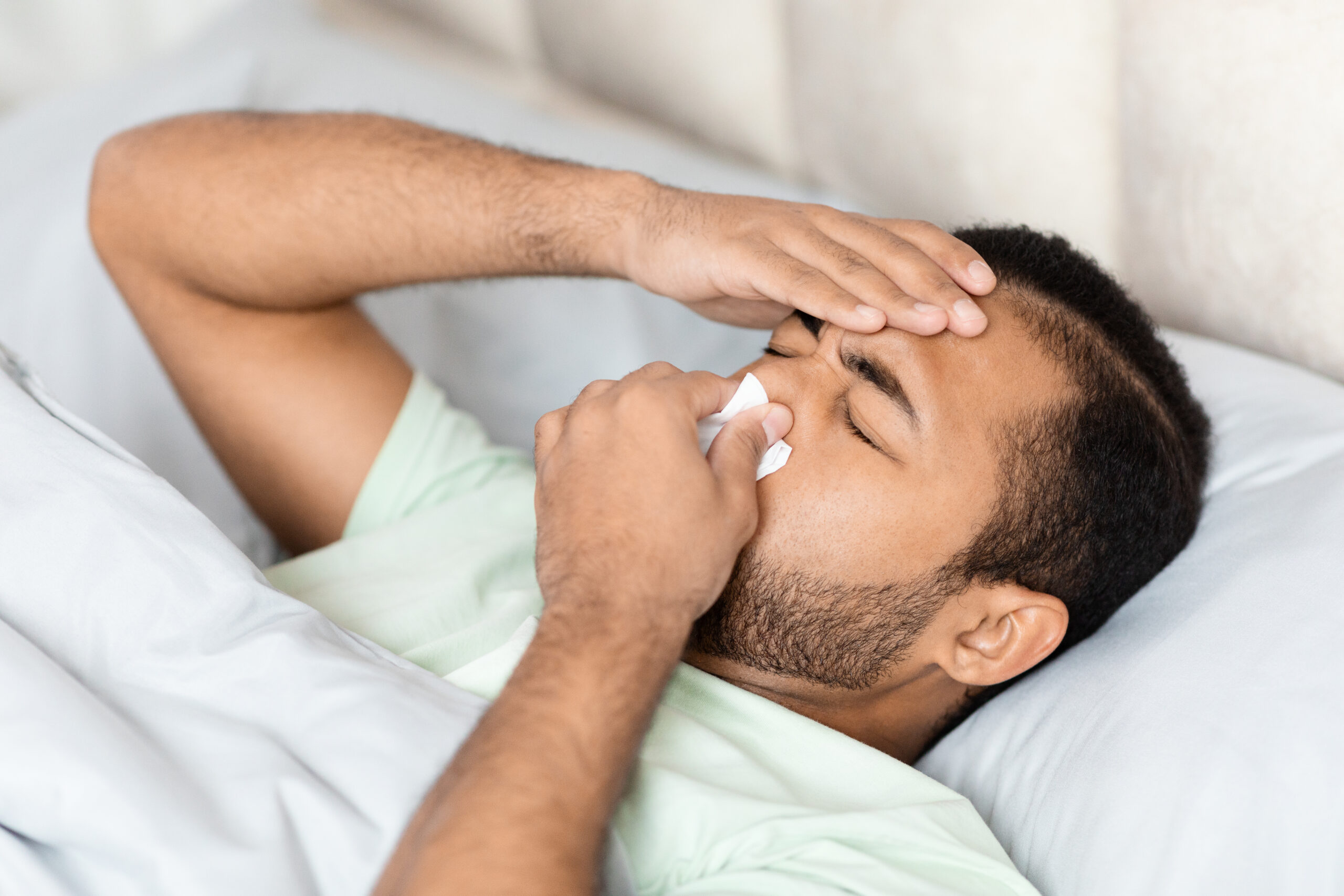The Relationship Between Blood and Hair Loss
Did you know that the reason for your hair loss might be hidden in your blood? Let's explore how blood can potentially influence hair loss.
According to recent studies, the condition of your blood plays a direct and indirect crucial role in hair growth. This is because blood is the pathway that supplies essential nutrients and oxygen to the hair follicles. Below is a summary of the key connections between blood and hair health.

1. Blood Circulation and Hair Health Blood flow to the scalp supplies oxygen and nutrients to the hair follicles, promoting hair growth. However, if circulation is poor, hair follicles can become weakened, which may lead to hair loss. Conditions such as high blood pressure, arteriosclerosis, and chronic stress can impair blood circulation. Conversely, scalp massages and regular exercise can help improve circulation, having a positive impact on preventing hair loss.

2. Anemia (Iron Deficiency) and Hair Health Iron is a vital component of hemoglobin in the blood, which is responsible for transporting oxygen to the hair follicles. When iron levels are low, oxygen delivery becomes inefficient, leading to thinning hair or increased shedding. In particular, women who experience significant iron loss due to menstruation or childbirth may find that iron deficiency exacerbates hair loss.

3. Nutrient Deficiency and Hair Health Blood also serves as a carrier for a variety of nutrients that are essential to hair follicle health. Vitamin D, for example, helps regulate the hair growth cycle, and a deficiency may lead to hair loss. It has also been linked to conditions like alopecia areata. Zinc is another important mineral necessary for the synthesis of keratin, the primary protein in hair. A lack of zinc may result in weak or thinning hair. In addition, proteins, vitamin E, and other nutrients are vital for maintaining healthy hair. Therefore, a well-balanced diet is crucial. Long-term nutritional imbalances can significantly contribute to hair thinning or hair loss.

4. Inflammation and Hair Health Elevated inflammation levels in the blood may also be associated with hair loss. A high level of C-reactive protein (CRP), a representative inflammatory marker, can be a sign that inflammation is ongoing in the body. This inflammation can affect the scalp, damage hair follicles, and potentially lead to hair loss.
Blood is not just a means of transportation for nutrients; it is a central factor in determining hair health. Circulation, nutritional status, and inflammation levels are all directly connected to the health of the hair follicles. If you are experiencing anemia, inflammatory conditions, or nutrient deficiencies, your risk of hair loss may increase.
Therefore, it is important to assess your overall health and take appropriate steps to correct nutritional imbalances or manage underlying health issues. This comprehensive approach can lead to more fundamental and effective prevention or improvement of hair loss.


